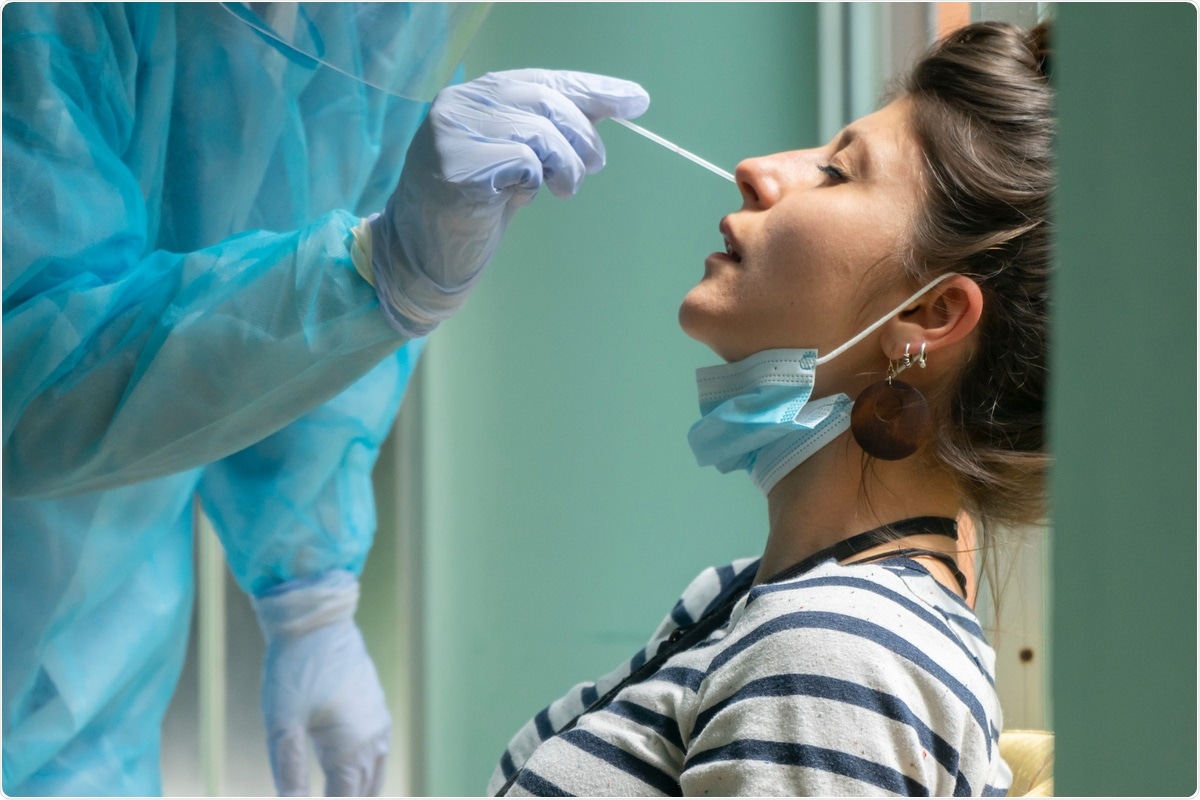Recently, two rapid diagnostic tests for RSV antigen detection, the enzyme immunoassay (EIA) and the fluorescent-antibody assay (FA), have been evaluated for their efficacy in detecting RSV in children with respiratory symptoms. The study, conducted by researchers from the Department of Pediatrics, University of Oklahoma Health Sciences Center, and published in the Journal of Clinical Microbiology, involved 135 specimens from children with respiratory symptoms.

The nasal wash specimen from each child was cultured immediately on RSV-sensitive A549 cells, and the nasal wash was also used for EIA. The FA was performed on a nasopharyngeal swab specimen with bovine anti-RSV and anti-bovine immunoglobulin G antisera. A total of 39 specimens (28%) were tissue culture-positive, including 35 EIA-positive and 37 FA-positive samples. The sensitivities of the EIA and FA tests were 90% and 95%, respectively.
All 96 tissue culture-negative specimens were EIA-negative (specificity, 100%), and 94 of these 96 specimens were FA-negative (specificity, 98%). Positive and negative predictive values for the tests were 100% and 96% for EIA, respectively, and 95% and 98% for FA, respectively. Other viruses, including influenza A virus, adenovirus, enterovirus, and herpes simplex virus, were isolated in nine cases. One adenovirus-positive specimen had a false-positive RSV FA result, but all nine specimens were RSV EIA-negative.
Both tests performed well in the study and provide cost-effective alternatives to tissue culture. The RSV EIA, in particular, uses standard serologic techniques and equipment and does not require expertise in virology. More widespread availability of rapid diagnostic tests for RSV will hopefully result in early and appropriate use of antiviral therapy in patients at risk for serious RSV infections.
Nanjing Liming Bio-products Co., Ltd. is an example of a company that has been specialized in developing, manufacturing, and marketing rapid tests for infectious diseases, especially sexually transmitted diseases (STDs), since its foundation in 2001. Their products have shown similar performance compared to other methods, such as PCR or culture, which are time-consuming and costly.
With the growing availability of rapid diagnostic tests for infectious diseases, including RSV, the public health community has an excellent opportunity to respond more quickly and effectively to disease outbreaks. Rapid diagnosis of infectious diseases will help to reduce the spread of infections, enable early treatment of patients, and prevent severe disease outcomes. Advances in medical technology and laboratory techniques are expected to play a vital role in improving our ability to diagnose and treat infectious diseases, and companies like Nanjing Liming Bio-products Co., Ltd. are at the forefront of this effort.